For years there has been talk of a “third force” to radically change the nature of politics and government in Malaysia.
The noble objectives included unity, opportunity and socio-economic growth while avoiding race, religious, and geographical divisions.
Although these principles have some general support, attempts to launch new parties have come and gone, leaving the status quo of having dominant race-based Peninsular Malaysia parties intact and unchallenged.
Malaysia is losing its competitive position in the region. The economy is not evolving in a way to structurally prepare for the future and the well-being of the rakyat is deteriorating.
These are undeniable truths which the great majority of Malaysians from all races and sides of the political divide are in agreement with.
The government needs to be run by people with a clear intent of being for the people and driven by a vision of a Malaysia that can evolve and cement inclusive and cohesive nationhood that all citizens will be proud of.
The East Wind
This emergence can come from the political leadership of East Malaysia, who have repeatedly shown they are capable of transcending the race and religion divide.
East Malaysian leadership can lead the change towards a new generation of younger leaders with new ideas for policy development and implementation by people who care about what happens.
The political leaders of Sabah and Sarawak have long governed with philosophies very different from what Malaysians have experienced in the peninsula.
Former Sarawak chief minister Adenan Satem stands out as the role model for a new united Malaysia but unfortunately, he was unable to complete his mission with his early demise.
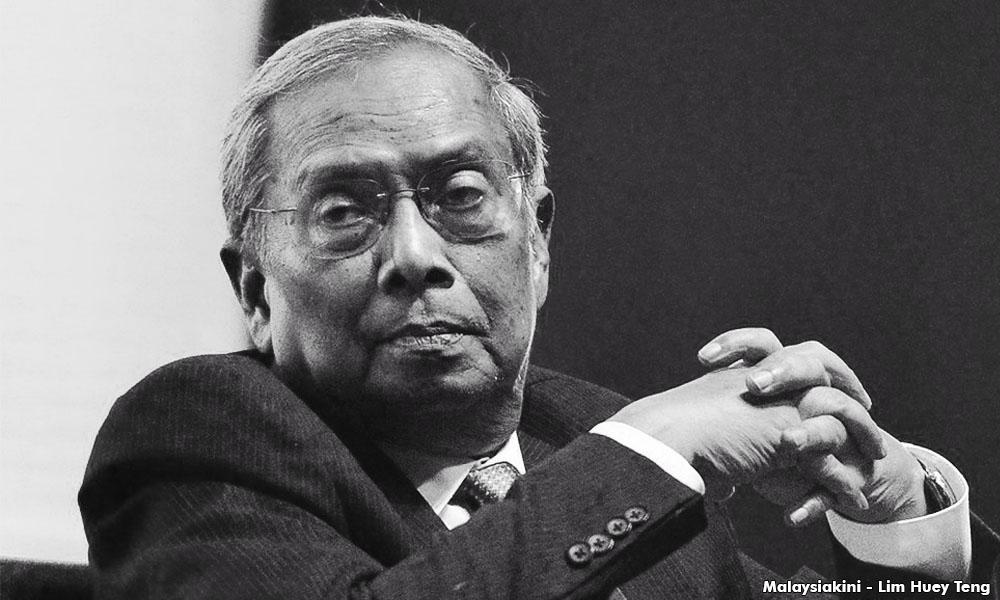
East Malaysians have a sense of nationalism that others in the peninsula have lost to other narratives. These narratives are perpetually causing division and regression at the cost of cohesion and advancement.
Many in Sabah and Sarawak also have a sense of patriotism which has withstood the test of the Malaysia Agreement 1963 (MA63), the unequal relationship of the federation’s three component states, their status as stepchildren in budget and development allocations, and the numerous other ways the coalition government dominated by peninsula parties have discriminated against them.
Frankly, it’s time to look east to Sabah and Sarawak and for the peninsula-dominant political pundits to stop ignoring what is happening in the other half of Malaysia.
It is time to take their principles, culture, and lessons and incorporate them into an administration and government that governs all Malaysians.
The East Malaysian political leadership can unite and nurture Malaysia towards maturity and new hope.
This is not to underestimate the challenge as society, economics, and politics of Sabah and Sarawak are also diverse, and there has never been a strong and resilient Borneo perspective.
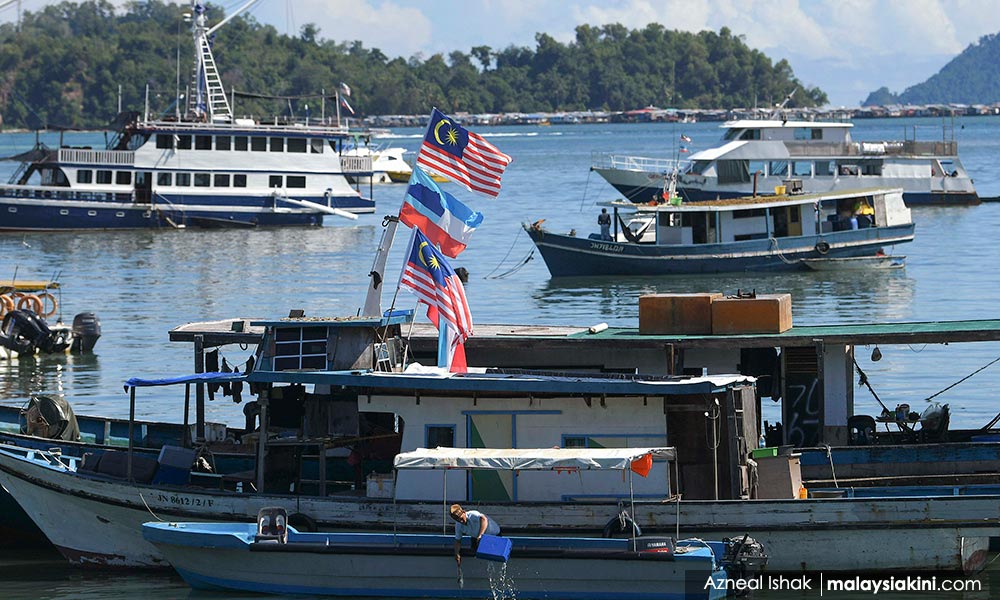
However, both territories have enough in common to provide a fresh look at where Malaysia should go, and this can begin with the 16th general election.
Positioning for possible post-GE16 vacuum
There are two basic strategies for this possibility to be rolled out and achieved.
Create a movement in Peninsular Malaysia and Sabah and Sarawak with local citizens, activists, and politicians.
Work with a bloc of existing parties in a coalition (a reverse takeover of the unity government). This would mean East Malaysia parties with peninsula partners becoming the largest bloc in Parliament after the next election and leading a new government.
It is indeed very possible for East Malaysia as a bloc to be the largest grouping in the next sitting Parliament after the next general election. The East Malaysian bloc will not just be the kingmaker in the next election, it can take the leadership.
Besides being established partners of past BN governments and the present federal government, coalitions such as Gabungan Parti Sawarak (GPS) and Gabungan Rakyat Sabah (GRS) would fare even better if they continue to engage and form alliances with one another to present themselves as a united East Malaysian front in preparation for the next polls.
This is so that if talks between Pakatan Harapan and Umno break down in the future, the East Malaysian bloc may continue to push for inclusive policies, including MA63 and others, and in doing so, become the stabilising and positive factor in the fractured political landscape that is likely to emerge after GE16.
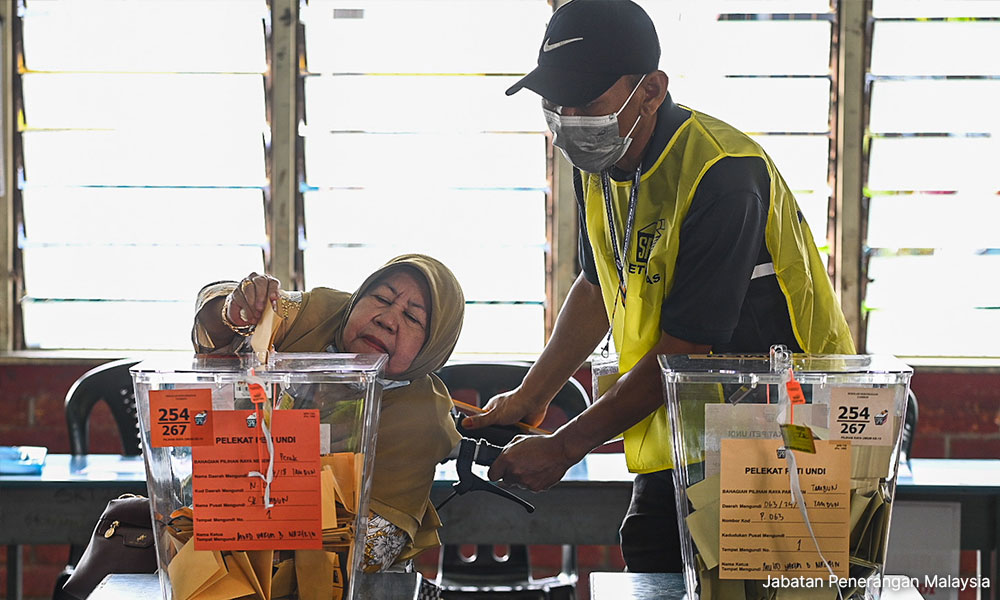
With 56 seats up for grabs in the next election and perhaps more after the delineation exercise, GPS and GRS may safely hold at least 30 seats and may even be in a position to add more to their new partnership.
Should the delineation exercise result in expanding East Malaysia’s parliamentary representation to at least one-third of the total number of seats in Parliament, this will greatly increase East Malaysia’s weight and participation in the federal government.
Courageous easterners
It is evident that East Malaysian MPs have more gumption when it comes to matters related to racial and religious issues. In contrast, peninsula parties are either too emotionally and financially invested to think straight or are just trying to score political points by fanning matters and issues to the extreme.
The issue of using only Bahasa Malaysia for communication with government departments was promptly shot down by Sarawak Premier Abang Johari Openg.
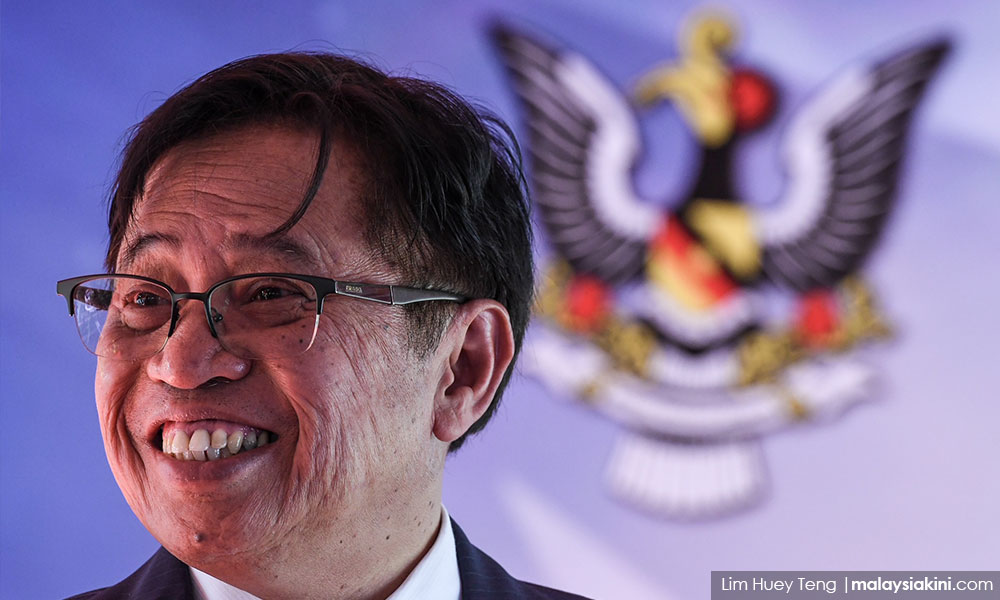
Similarly, the Unified Examination Certificate (UEC) has been accepted by the Sarawak government since 2014, whereas this remains a contentious matter in the peninsula.
Other than that, Tourism, Arts and Culture Minister Tiong King Sing regularly stands his ground when he broaches issues that no other non-Muslim MPs dare to talk about.
Looking at the political situation today, Peninsular Malaysian parties are all established and have little room left for improvement. This is especially the case since reforms have taken a backseat to compromises, power-brokering, and procuring a larger slice of the political cake.
That being the case, smaller parties on the peninsula should also form alliances with Borneo parties such as Warisan.
Although Warisan’s attempt to enter the peninsula fizzled out during the last election, it would be beneficial if there is communication between Warisan and all the smaller parties of the peninsula such as PSM, PRM, Muda, Gerak Independent, Parti Kemajuan Malaysia, and the Green Party as soon as possible.
This can be the foundation for strategically engaging other coalitions further down the road.
Not impossible
Some independent observers forecast that there will most likely be a hung Parliament after the next GE, similar to GE15.
Should this happen, there is an opportunity for existing blocs to realign with an East Malaysian grouping, leading to potentially more than a new coalition government.
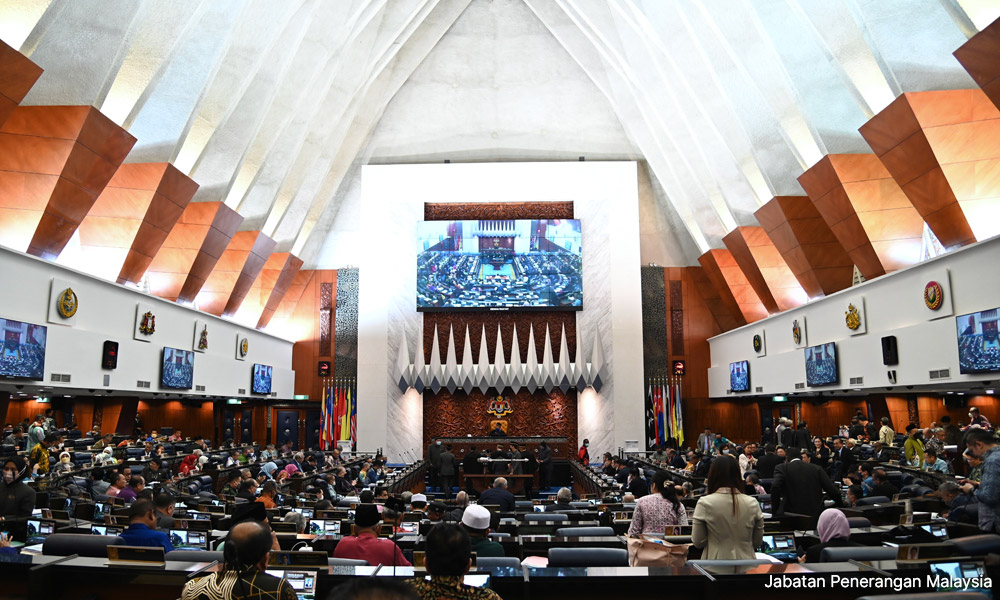
This bloc, led by East Malaysia parties and including parties based in the peninsula, can reignite reforms and lead to a new type of politics.
Malaysians from all communities are sick and tired of the same-old, same-old polemics of the past, and GE16 is the time to get it right.
If the existing federal coalition government needs a push in the right direction, it can only be achievable if the East Malaysian bloc unites and “serbu” (charges into) West Malaysia to keep the old guard on their toes.
We are confident that many voters will agree with the above premise. We recognise that some will see it as improbable or will scoff at the idea of an East Malaysian party bloc leading a future coalition.
The pundits may dismiss or disregard the above proposition, but can they present a better alternative?
There is an urgent need for a new unity in the country. This can be shaped by the outcome of GE16. The East Wind can be the transformative catalyst. - Mkini
This article is the first of three parts.
LIM TECK GHEE is a former senior official with the United Nations and World Bank.
MURRAY HUNTER is an independent researcher and former professor at the Prince of Songkla University and Universiti Perlis.
CAROLYN KHOR is a former ministerial press secretary, a former United Nations Volunteer and an independent researcher/writer.
The views expressed here are those of the author/contributor and do not necessarily represent the views of MMKtT.




No comments:
Post a Comment
Note: Only a member of this blog may post a comment.